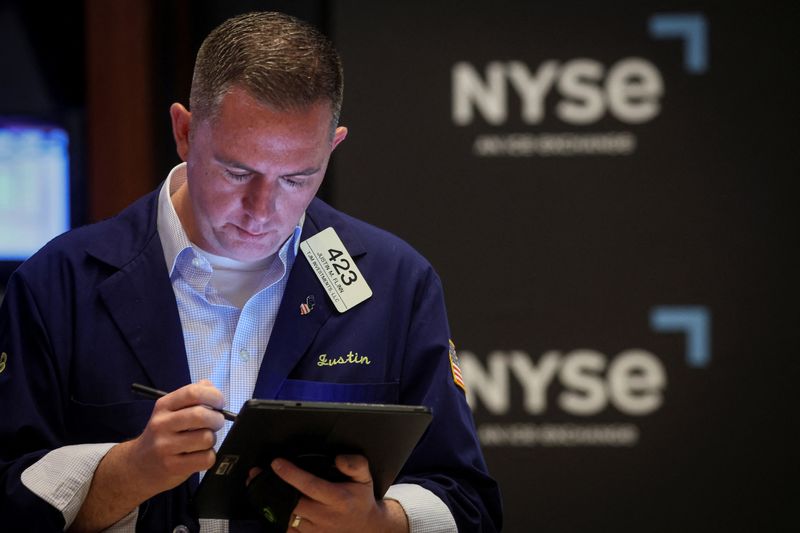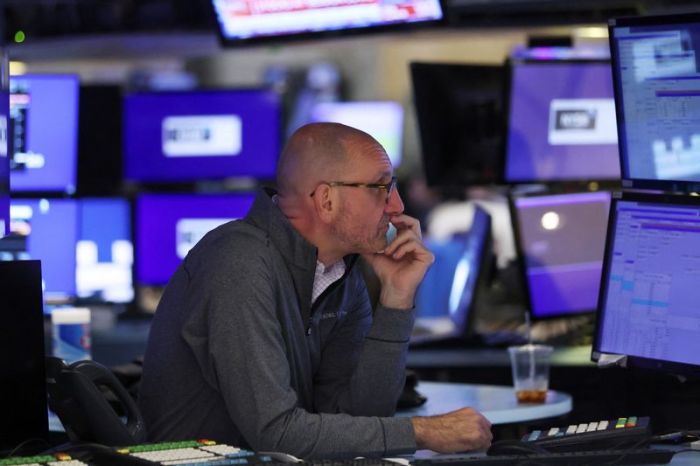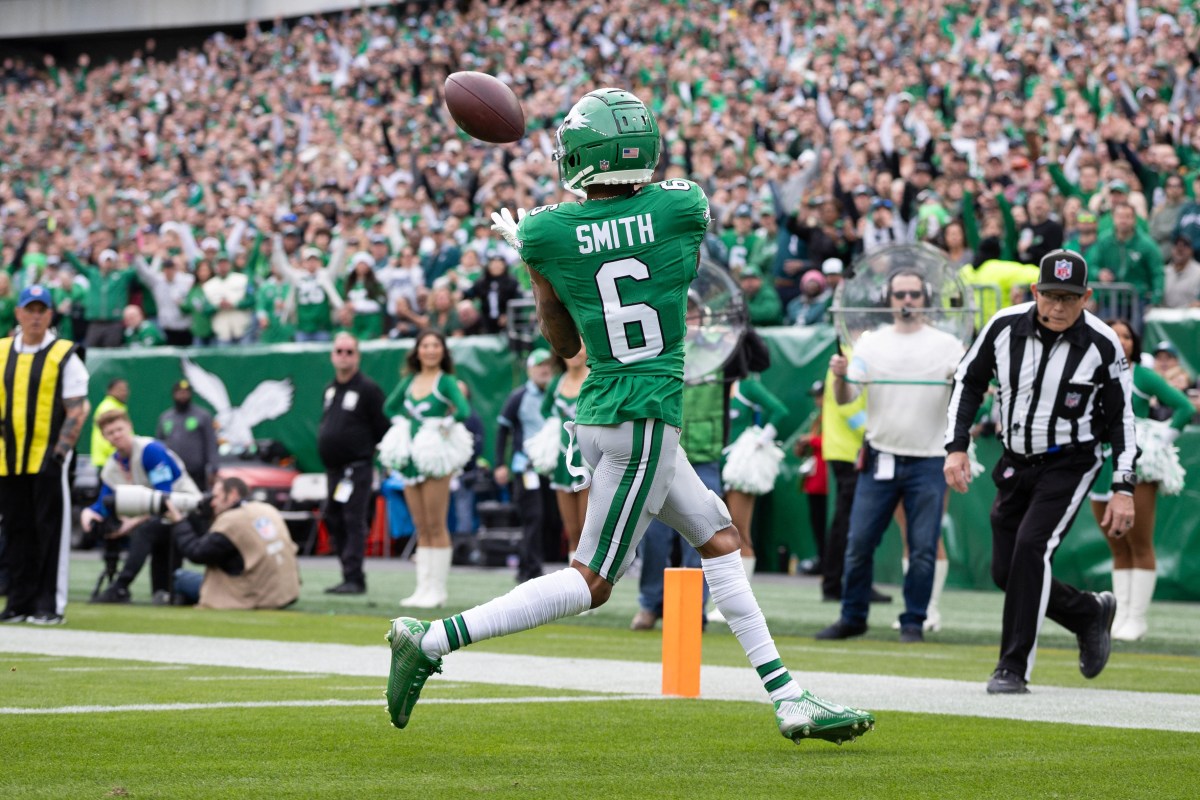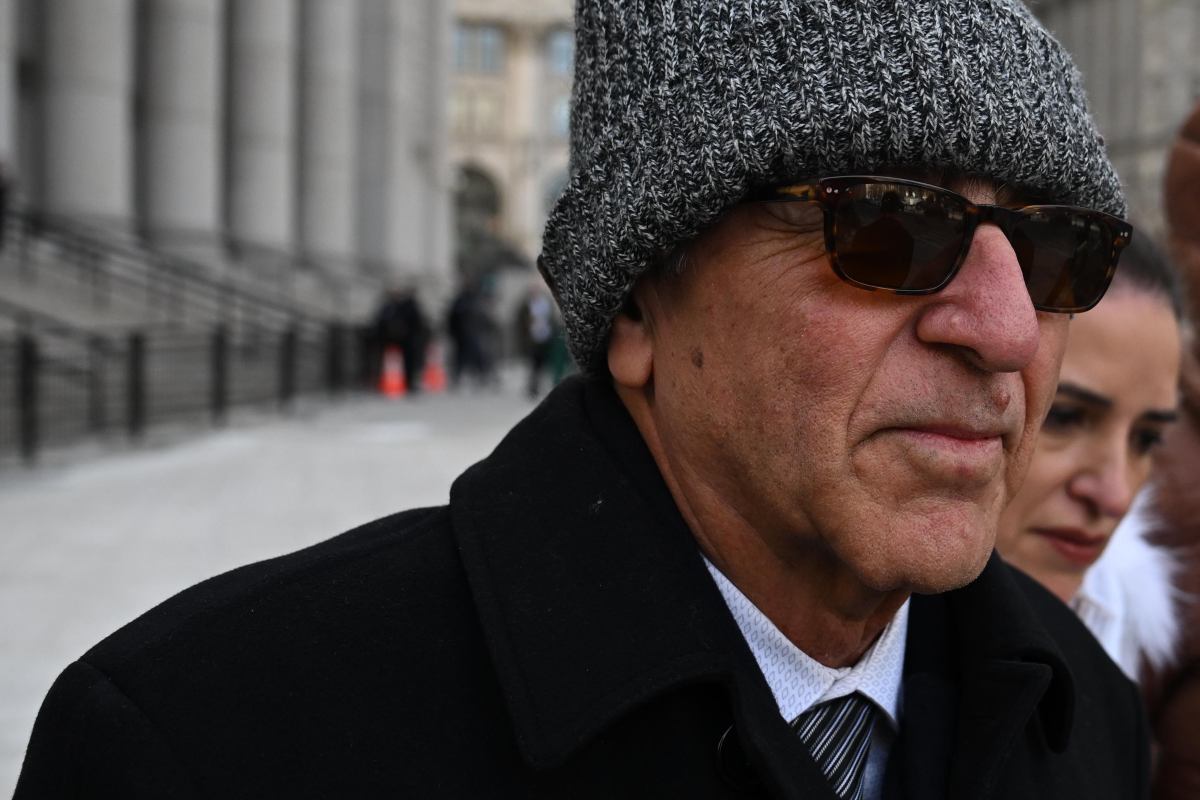NEW YORK (Reuters) – Global stocks plunged and the dollar strengthened for the first time in four sessions on Wednesday as concerns about rising inflation on economic growth soured sentiment.
The mood was underscored by a 9% surge in British consumer prices and a faster-than-expected acceleration in inflation in Canada.
British inflation surged to its highest annual rate since 1982 as energy bills soared, while Canadian inflation rose to 6.8% last month, largely driven by rising food and shelter prices, Statistics Canada data showed.
British inflation is now the highest among major economies in Europe, but prices are rapidly rising worldwide, forcing central banks around the globe to hike interest rates and tamp down growth as suggested by a modest decline in U.S. homebuilding in April.
Soaring prices and material shortages have already hit homebuilding, the sector of the economy most sensitive to rates. But the U.S. Commerce Department report also showed a record backlog of houses to be built, indicating a decline in homebuilding potentially might be marginal.
Adding to the gloom caused by inflation were earnings results from Target Corp, whose quarterly profit halved as it warned of a bigger margin hit this year due to rising fuel and freight costs.
Target shares plummeted 24.88%, its biggest one-day percentage drop since the “Black Monday” stock market crash on Oct. 19, 1987, a day after Walmart Inc warned of similar margin squeezes and saw its stock drop 11.4% for its biggest one-day percentage fall since Oct. 16, 1987.
“It was Walmart yesterday and everybody thought it was a one-off,” said Dennis Dick, head of markets structure and a proprietary trader at Bright Trading LLC in Las Vegas. “Now that Target misses earning a lot more than Walmart even did, they’re scared that consumer is not as strong as everybody think it is.”
MSCI’s gauge of stocks across the globe shed 2.74%, while in Europe, the pan-regional STOXX 600 index closed down 1.14%.
On Wall Street, the Dow Jones Industrial Average fell 3.56%, the S&P 500 lost 4.03% and the Nasdaq Composite dropped 4.73%.
The declines for the S&P 500 and Dow marked their biggest one-day percentage declines since June 11, 2020.
Few analysts are willing to predict the end to selling after a bruising first five months of the year for risk assets given the magnitude of macroeconomic uncertainty, with many anticipating market volatility will be the norm for some time.
The U.S. dollar gained ground as the sell-off in risk assets boosted the safe-haven appeal of the greenback, which was on pace to snap a three-session losing streak, a day after Fed Chair Jerome Powell pledged the U.S. central bank would ratchet up rates as high as needed to combat rising inflation.
The dollar index rose 0.581%, with the euro down 0.8% to $1.0463. The Japanese yen strengthened 0.92% to 128.23 per dollar.
Treasury yields fell, although a steep path for rates remained the prevailing market consensus as the benchmark 10-year note yield hit a one-week high of 3.015% after Powell’s hawkish comments.
The yield fell 8.1 basis points to 2.890% on Wednesday after a soft U.S. housing starts number.
The German two-year government bond yield shot to 0.444%, its highest since November 2011 after more hawkish central banker comments, and last was up 1.6 basis points at 0.386%. The European Central Bank’s Klaas Knot said on Tuesday that a 50-basis-point rate hike in July was possible if inflation broadens.
Gold prices were little changed despite the risk-off environment as looming U.S. interest rate hikes and a resurgent dollar dimmed the metal’s shine.
Spot gold was up 0.1% at $1,816.06 an ounce.
Oil prices dipped in volatile trade, reversing early gains as traders grew less worried about a supply crunch after government data showed U.S. refiners ramped up output.
U.S. crude settled down 2.5% at $109.59 per barrel and Brent settled at $109.11, down 2.52% on the day.
GRAPHIC: MSCI World equity index (https://fingfx.thomsonreuters.com/gfx/mkt/movanzkkopa/world%20stocks.PNG)
(Reporting by Herbert Lash and Chuck Mikolajczak; additional reporting by Devik Jain in Bengaluru; editing by Jonathan Oatis)
























